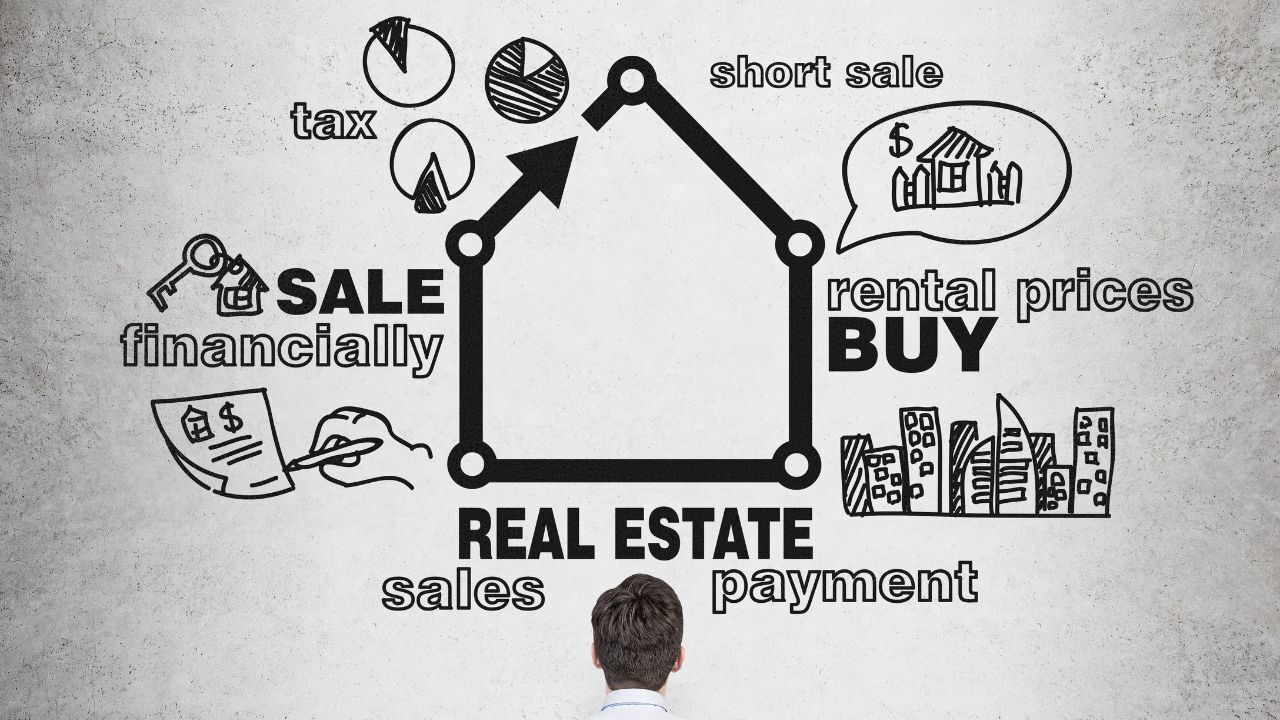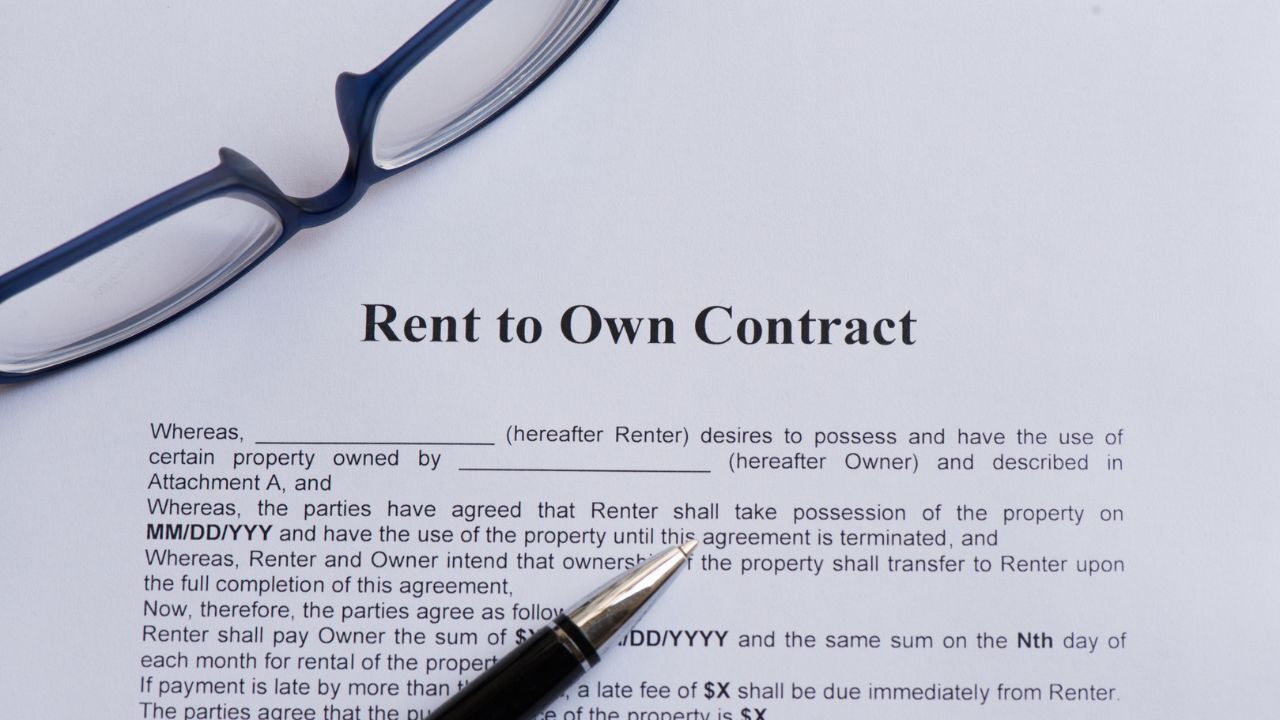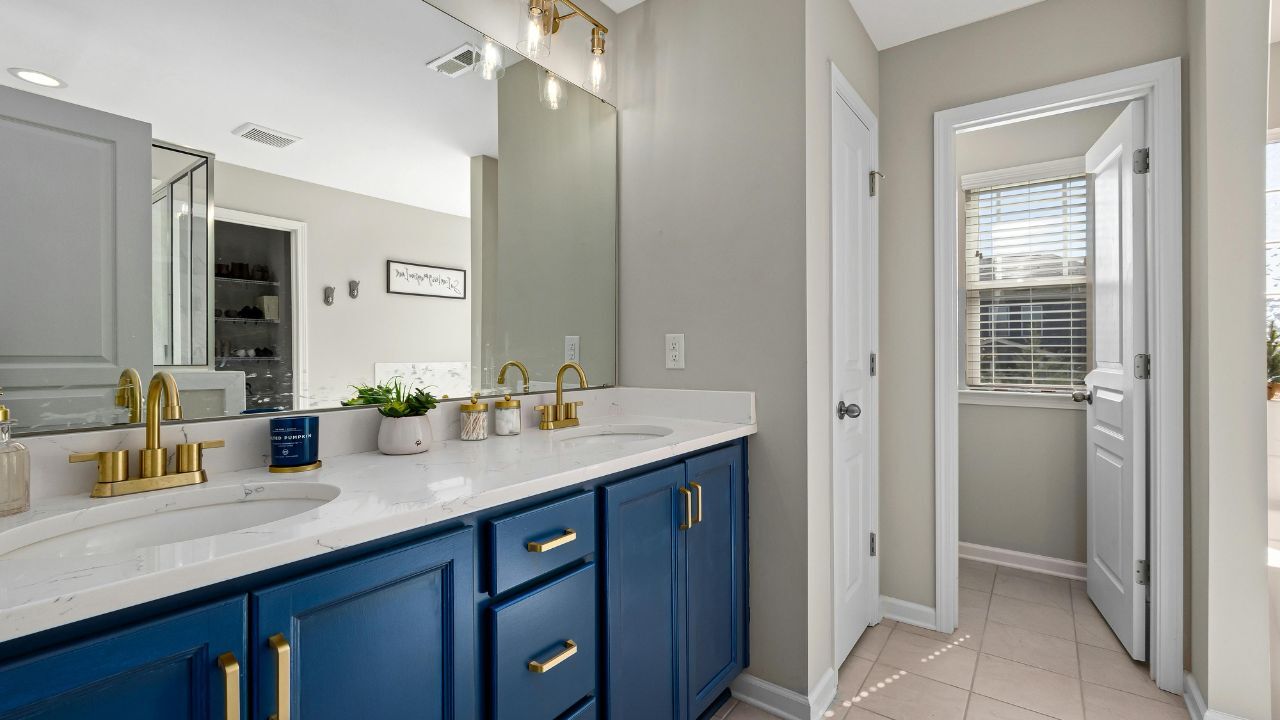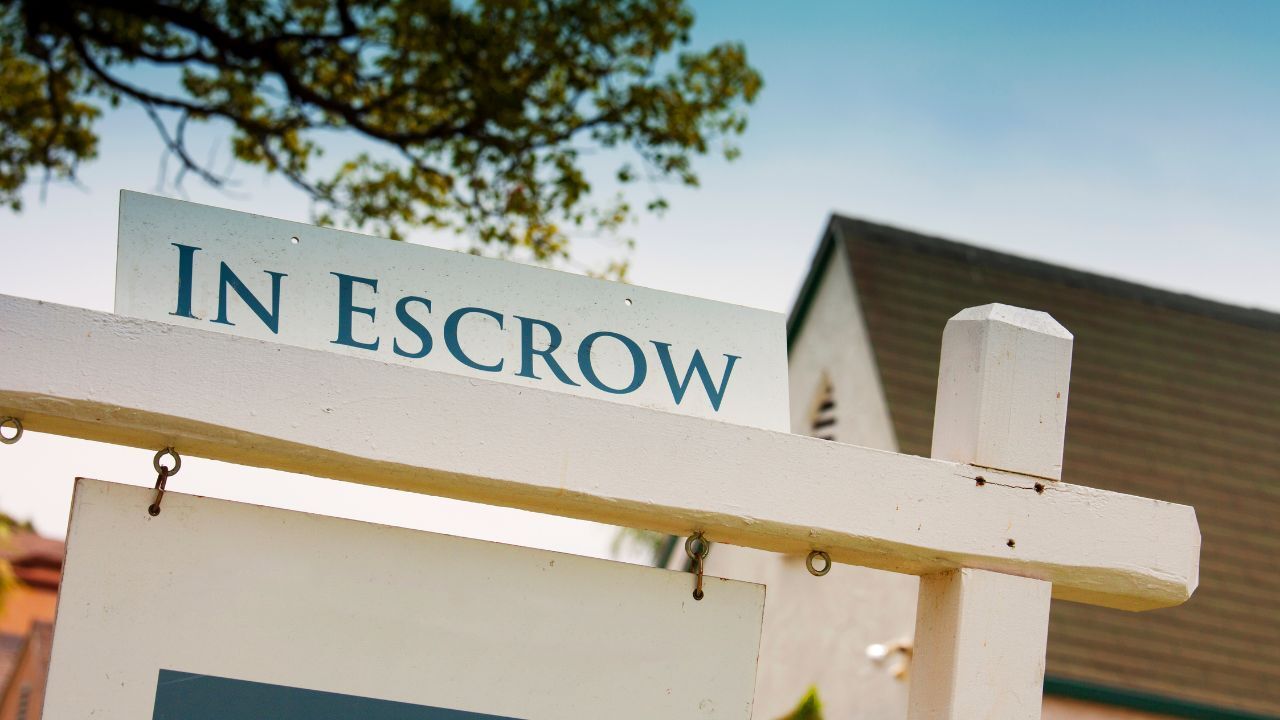 Buying a home is exciting, but the language of real estate can feel overwhelming if you are new to the process. Many buyers hear unfamiliar terms at showings, in listings, or during conversations with lenders. Understanding this language gives you more confidence and helps you make informed decisions as you move through your home search.
Buying a home is exciting, but the language of real estate can feel overwhelming if you are new to the process. Many buyers hear unfamiliar terms at showings, in listings, or during conversations with lenders. Understanding this language gives you more confidence and helps you make informed decisions as you move through your home search.
What Real Estate Terms Really Mean
Real estate has its own vocabulary, and many of the words describe common parts of the process. Learning these terms makes it easier to understand contracts, compare homes, and communicate with your real estate agent. You do not need to become an expert, but understanding the basics gives you a strong advantage.
Listing Price
This is the price a seller chooses when they place the home for sale. It is a starting point, not a final number. Homes can sell for more or less depending on demand, condition, and market trends. Knowing this helps you understand how competitive an area may be.
Contingencies
A contingency is a condition that must be met for the sale to move forward. Common examples include the home inspection contingency and the financing contingency. These conditions protect you by giving you time to verify that the home and your loan both meet your expectations.
Earnest Money Deposit
This is a payment you make when your offer is accepted. It shows the seller you are serious about buying the home. The money is held safely and later applied to your closing costs or down payment. If you follow the terms of your contract, the deposit stays protected.
Appraisal
An appraisal is a professional report that estimates the value of the home. Lenders require this to confirm that the home is worth the amount you are borrowing. The appraisal helps ensure that you are making a smart financial decision and protects both you and the lender.
Closing Costs
These are the fees connected to finalizing your home purchase. They may include lender fees, title services, and pre-paid items. Understanding your closing costs early helps you plan your total budget with confidence.
Why Real Estate Terms Matter
Knowing these terms helps you feel prepared, ask the right questions, and avoid surprises. As your real estate agent, my goal is to make the process clear, calm, and manageable from beginning to end.
 Selling a home through a rent-to-own agreement can create a flexible path for both sellers and future buyers. This arrangement allows a tenant to live in the home while preparing to purchase it later, giving the seller steady income and a committed future buyer.
Selling a home through a rent-to-own agreement can create a flexible path for both sellers and future buyers. This arrangement allows a tenant to live in the home while preparing to purchase it later, giving the seller steady income and a committed future buyer. When it comes to buying a home, location is always a major factor, but for many families, the local school district carries just as much weight. Even for buyers without children, the quality of nearby schools can have a lasting impact on property values. Understanding how education and real estate are connected helps buyers make smarter decisions and recognize the long-term advantages of purchasing in a strong school district.
When it comes to buying a home, location is always a major factor, but for many families, the local school district carries just as much weight. Even for buyers without children, the quality of nearby schools can have a lasting impact on property values. Understanding how education and real estate are connected helps buyers make smarter decisions and recognize the long-term advantages of purchasing in a strong school district. Home renovations can be exciting, but not every project adds the same return on investment. Whether you are planning to sell soon or simply want to boost your property’s value, understanding which upgrades offer the best payoff helps you make smart decisions. Strategic improvements can make your home more appealing to buyers and increase its long-term value.
Home renovations can be exciting, but not every project adds the same return on investment. Whether you are planning to sell soon or simply want to boost your property’s value, understanding which upgrades offer the best payoff helps you make smart decisions. Strategic improvements can make your home more appealing to buyers and increase its long-term value. For many homebuyers, the term escrow can sound confusing or even intimidating. Yet escrow is one of the most important parts of a real estate transaction. It ensures that both the buyer and the seller are protected while the details of the sale are finalized. Understanding how escrow works can help you feel confident and informed every step of the way.
For many homebuyers, the term escrow can sound confusing or even intimidating. Yet escrow is one of the most important parts of a real estate transaction. It ensures that both the buyer and the seller are protected while the details of the sale are finalized. Understanding how escrow works can help you feel confident and informed every step of the way. Choosing the right type of home is one of the most important decisions a buyer can make. Condos, townhouses, and single-family homes each offer unique benefits and challenges. The best choice depends on your lifestyle, budget, and long-term goals. Understanding what sets them apart can help you make a confident and informed decision.
Choosing the right type of home is one of the most important decisions a buyer can make. Condos, townhouses, and single-family homes each offer unique benefits and challenges. The best choice depends on your lifestyle, budget, and long-term goals. Understanding what sets them apart can help you make a confident and informed decision.